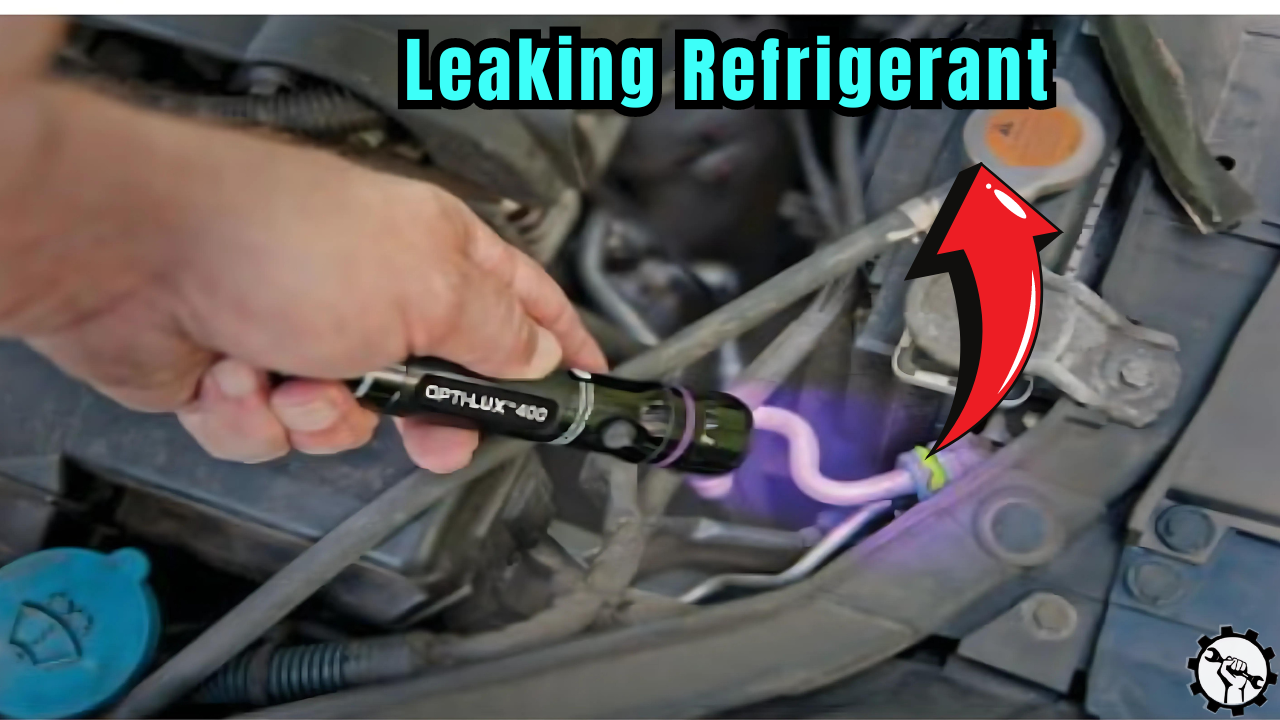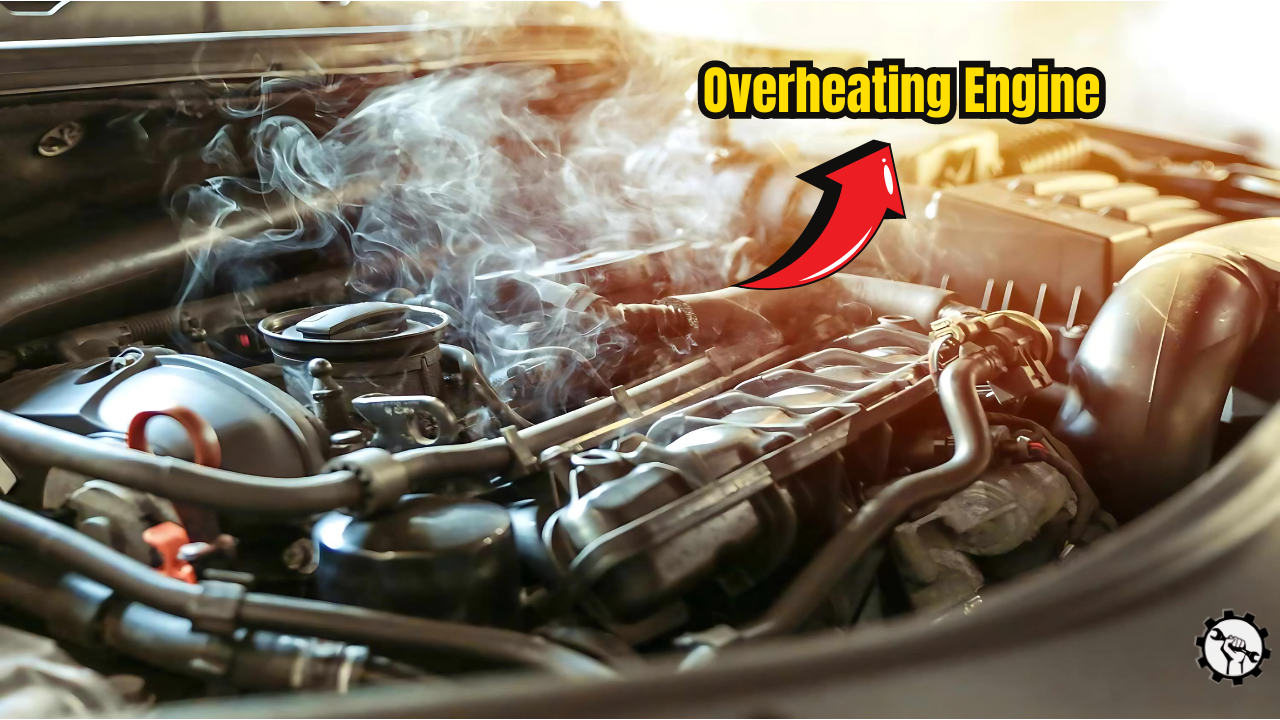The air conditioning system in your car is crucial for maintaining a comfortable driving environment, especially during hot summer days. The AC condenser, a vital component of this system, plays a key role in cooling the refrigerant and ensuring that the air blowing into the cabin is cool and refreshing.
However, like any mechanical part, the AC condenser can wear then fail over time, leading to a range of symptoms that can impact the overall performance of your vehicle’s air conditioning system. Let’s learn the common symptoms of a bad car AC condenser, why they occur, and what you can do to address them.
Decreased Cooling Performance
One of the first signs that your car’s AC condenser might be failing is a noticeable reduction in cooling performance. If the air coming out of your vehicle’s vents is no longer as cold as it used to be, or if it takes longer for the interior to cool down, this could indicate a problem with the condenser.
The condenser’s primary function is to cool the refrigerant by converting it from a high-pressure gas to a high-pressure liquid. When the condenser is not functioning properly, it can cause the refrigerant to remain in its gaseous state, which leads to a decrease in the cooling efficiency of the system.
Several factors can contribute to reduced cooling performance. A common cause is a clogged condenser, where dirt, debris, or other contaminants block the airflow through the condenser’s fins, preventing it from efficiently cooling the refrigerant.
Furthermore, a faulty fan or a refrigerant leak can also result in insufficient cooling. If you notice that your AC is not as effective as it once was, it’s essential to inspect the condenser for visible damage or blockages and address the issue promptly to avoid further damage to the AC system.

Leaking Refrigerant
Another clear indicator of a failing AC condenser is refrigerant leakage. The refrigerant is the fluid responsible for absorbing heat from the car’s interior and releasing it outside. If the condenser develops a leak, it can result in a loss of refrigerant, which directly impacts the AC system’s ability to cool the air.
Unlike other types of fluid leaks, refrigerant leaks can be more challenging to detect because they often occur in gaseous form. To identify a refrigerant leak, you can look for oily or greasy spots on the condenser or surrounding components. In some cases, a greenish fluid might be visible, indicating a refrigerant leak.
Furthermore, if you have recently refilled the refrigerant but notice that the cooling performance has declined again shortly after, this could be a sign that there is a leak somewhere in the system. It’s crucial to address refrigerant leaks promptly, as running the AC system with low refrigerant levels can cause further damage to other components, such as the compressor.

Strange Noises or Smells
Unusual noises or smells emanating from the AC system are also common symptoms of a bad condenser. If you hear grinding, squealing, or rattling sounds when you turn on the air conditioning, it could indicate that the condenser’s internal components are damaged or worn out. These noises may be caused by debris trapped in the condenser or by the failure of internal parts such as the fan or motor.
In addition to strange noises, a foul smell coming from the AC vents can be a sign of trouble. This odor is often due to mold or mildew buildup within the condenser, which can occur when moisture accumulates and is not properly drained.
The warm, moist environment inside the condenser can create the perfect breeding ground for bacteria and fungi, leading to unpleasant smells when the AC is in use. If you notice any unusual smells or noises, it’s essential to have the condenser inspected and cleaned to prevent further issues.
Overheating Engine
An often-overlooked symptom of a bad AC condenser is an overheating engine. The AC condenser is typically located near the radiator, and when it fails, it can obstruct the airflow to the radiator, causing the engine to overheat.
The increased pressure in the AC system can also cause the engine coolant to overheat, leading to potential damage to the engine. Overheating is particularly common when the vehicle is idling for extended periods, as the lack of airflow through the condenser and radiator can cause the temperature to rise rapidly.
If you notice that your engine temperature gauge is reading higher than normal, or if the engine overheats while the AC is running, it’s crucial to address the issue immediately to prevent severe engine damage.
 Dashboard Warning Lights
Dashboard Warning Lights
In some newer vehicles, the AC system is integrated with the car’s onboard diagnostic system, which can trigger warning lights on the dashboard if there is an issue with the AC condenser. While not all vehicles are equipped with this feature, those that are may display an AC warning light if the system detects a problem.
This warning light serves as an early indicator that the condenser or another component of the AC system is malfunctioning and needs attention. It’s important to note that dashboard warning lights can also be triggered by other issues.
At this point, it’s always a good idea to have the system diagnosed by a professional technician to determine the exact cause of the problem.
Fixes and Maintenance
If you suspect that your car’s AC condenser is failing, there are a few DIY maintenance steps you can take to address minor issues before they escalate. Regularly cleaning the air filters and the condenser fins can help prevent blockages and ensure that the system is functioning efficiently. If the condenser is accessible, you can use compressed air to blow out any debris or dirt that may be obstructing airflow.
However, more complex issues, such as refrigerant leaks or internal damage to the condenser, should be handled by a professional. Attempting to repair or replace a faulty condenser without the proper tools and expertise can lead to further damage to the AC system and may void any warranties on your vehicle.
Conclusion
Noticeable signs such as reduced cooling performance, refrigerant leaks, strange noises, or an overheating engine may indicate a failing car AC condenser. Addressing these issues promptly through regular maintenance or professional assistance can prevent further damage and ensure your vehicle’s AC system remains in good working condition.

As a mechanical engineer, it’s easy for David to explain the functionality of the tool. David test most of the tools before writing a review. its help him to learn something new and suggest the best product for you.






